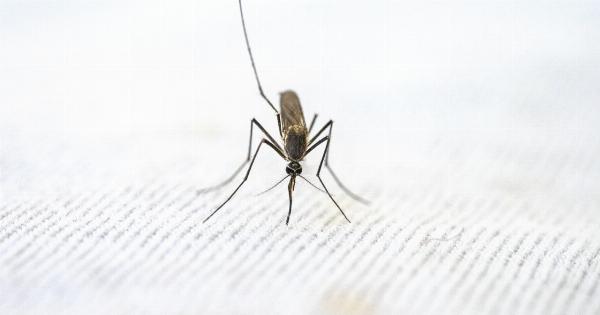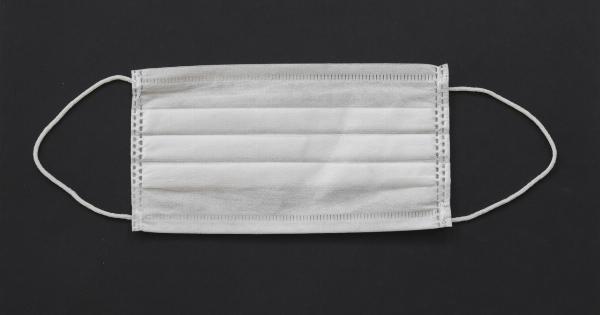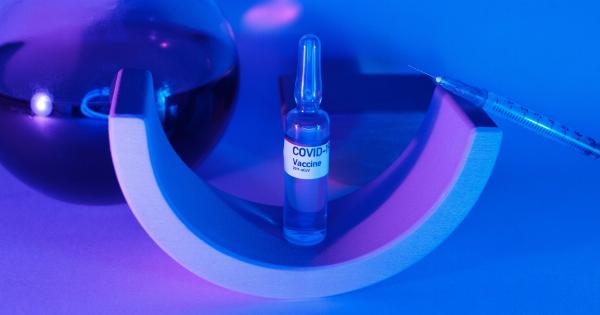The Middle East respiratory syndrome (MERS) is a viral respiratory infection caused by the Middle East respiratory syndrome coronavirus (MERS-CoV).
According to the World Health Organization (WHO), since its emergence in 2012, a total of 2,494 laboratory-confirmed cases of MERS, including 858 associated deaths, have been reported globally.
While several measures such as hygiene practices, isolation, and infection control have helped in preventing the spread of MERS, a definitive cure has remained elusive. However, recent research has shown promising results in developing a cure for MERS.
In this article, we will delve deeper into the latest breakthrough in developing a possible cure for MERS.
MERS and Its Causes
MERS is typically spread by coming into close contact with an infected person through respiratory secretions, such as coughs and sneezes.
The virus can also be contracted by touching a contaminated surface and then touching your face or mouth before washing your hands. The symptoms of MERS are similar to those of the common cold and flu, including coughing, fever, and shortness of breath.
In some cases, it can lead to severe respiratory illness, pneumonia, and even death, especially in people with weakened immune systems.
MERS was first identified in Saudi Arabia in 2012 and has since spread to other countries in the Middle East, Asia, and Africa. So far, there is no vaccine to prevent MERS, and there is also no specific antiviral treatment available.
Recent Developments in the Cure for MERS
Researchers have been working tirelessly to develop a cure for MERS, and the results of their efforts have been highly promising.
A study published in the Journal of Virology in May 2021 showed that a drug known as EIDD-2801 could potentially be used as a treatment for MERS. EIDD-2801 is an oral antiviral drug that works by interfering with the replication of the virus.
The study was conducted by a team of researchers from the University of North Carolina at Chapel Hill, the University of Texas Medical Branch, and the Duke-NUS Medical School in Singapore.
The researchers found that EIDD-2801 effectively inhibited the replication of MERS-CoV in vitro, which means in a laboratory setting. They also tested the drug on mice and found that it reduced the levels of viral RNA in their lungs.
The researchers also noted that EIDD-2801 has shown promising results in treating other coronaviruses, such as SARS-CoV-2, which causes COVID-19.
This is significant because MERS and SARS-CoV-2 are both part of the same family of viruses and have similar structures.
What Does This Mean for MERS Patients?
The discovery of a potential cure for MERS is a significant breakthrough, particularly for patients living in countries where the virus is prevalent.
While further testing is needed to confirm the drug’s efficacy and safety in humans, these initial results are encouraging. If the drug is found to be safe and effective in humans, it could potentially be used to treat MERS patients and save countless lives.
This development is also vital for the global fight against coronaviruses. Since EIDD-2801 has shown promise in treating both MERS and COVID-19, it could potentially be used to combat future outbreaks of the viruses.
The Future of MERS Treatment
The discovery of a potential cure for MERS is a significant step forward in the quest to find a definitive cure for the virus.
The researchers involved in the study are currently conducting further tests on EIDD-2801 to determine its safety and efficacy in humans.
In addition to EIDD-2801, other drugs and therapies are also being developed to treat MERS. For example, convalescent plasma therapy has shown promise in treating MERS patients by infusing them with antibodies from the blood of recovered patients.
Another therapy, known as RNA interference, works by targeting the RNA of the virus and preventing it from replicating.
The global health community is also working to prevent the spread of MERS by implementing effective infection control measures and conducting research into the virus’s epidemiology and transmission.
Conclusion
The discovery of a potential cure for MERS is a promising development that offers hope for patients and the global fight against coronaviruses.
While further testing is needed to determine the drug’s efficacy and safety in humans, the results of the initial study are encouraging, and the possibility of a cure is within reach. With continued research and development, we may one day see the end of MERS and other deadly respiratory illnesses.





























